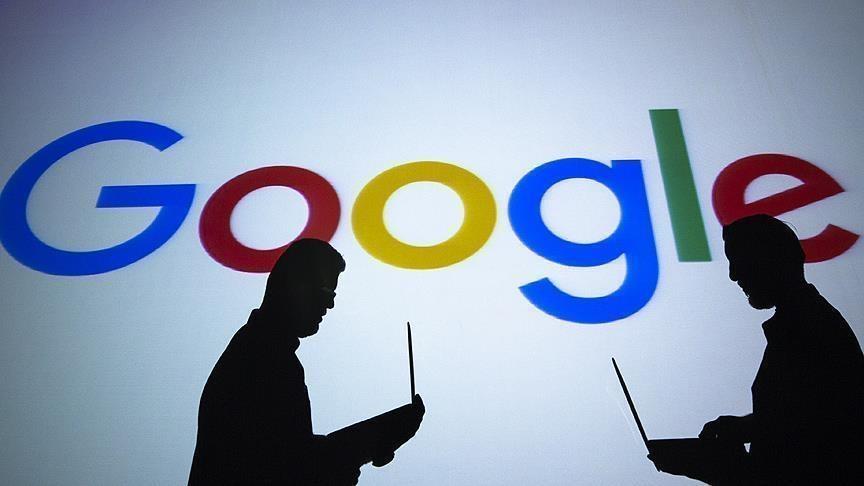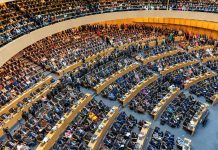Africa-Press – Mauritius. As the US Department of Justice’s antitrust lawsuit against Google enters the remedies phase, the case is emerging as a defining moment not only for global digital platforms but also for how countries like Türkiye approach competition regulation in the digital economy.
A US federal court ruled on Aug. 5, 2024 that Google had engaged in illegal monopolistic behavior in internet searches. The case has now moved into its second phase, in which the court will consider potential remedies – ranging from structural breakups to forced licensing of search data.
“This is no longer merely about a financial penalty,” said Associate Professor Dr. Emin Koksal, an economist at Türkiye’s Bahcesehir University. “It has become a real-world test case for whether a “Big Tech” company can be broken up.”
The Justice Department has proposed sweeping remedies, including the divestiture of key assets like the Chrome browser or the Android operating system, termination of default search agreements with Apple and Android phone makers, and mandated licensing of search data to rivals.
Koksal noted that even the serious discussion of breaking up Google has already had an effect. “Even if such an outcome is unlikely, its serious consideration alone exerts a deterrent effect, weakening Google’s bargaining power while sending strong signals to other platforms,” he said.
In December 2024, Google proposed a settlement involving behavioral changes—such as offering a choice screen for search engines—and a financial penalty. The Justice Department rejected the proposal, insisting instead on a structural remedy.
Koksal cited historical examples of corporate breakups that spurred competition and technological innovation, including the dismantling of Standard Oil in 1911 and the breakup of AT&T’s Bell System in 1984. “These examples show that separating Google and Chrome is not a far-fetched idea, either legally or economically,” he said.
The bipartisan nature of the lawsuit also underscores its political significance. Originally filed under the Trump administration, the case gained traction under President Biden and continues now during Trump’s second term.
“This continuity demonstrates that the hardline stance against tech giants has transcended ideological divisions,” Koksal said. “The presence of Big Tech CEOs – Google, Meta, Amazon, Apple – at Trump’s inauguration on Jan. 20, will reflect the White House’s close ties with the tech industry, while ongoing antitrust lawsuits represent the other side of the coin.”
A final ruling in the case is expected by mid-2025. Koksal said the outcome could reshape the global landscape of digital competition law.
– Ripple Effects in Türkiye
Türkiye’s own competition watchdog has already investigated and fined Google in several cases, but Koksal warned that traditional enforcement tools lag behind the pace of digital market dynamics.
“Years-long investigations and drawn-out legal procedures often fail to prevent irreversible damage in digital markets,” he said. This has prompted countries worldwide to consider preemptive regulations.
The EU’s Digital Markets Act, which imposes strict rules on tech giants deemed to hold “gatekeeper” status, has influenced Turkish lawmakers. A reform bill targeting dominant digital platforms has been in development for nearly two years and is expected to be submitted to parliament soon.
“The court’s expected ruling in summer 2025 might accelerate the introduction of the Turkish draft law into parliament,” Koksal said.
“Whether the US court opts for behavioral or structural remedies, its decision will not directly change Türkiye’s legal framework—but it will almost certainly affect the secondary legislation and scope of implementation in Türkiye,” he added.
Whether the remedy chosen in the US is behavioral or structural, Koksal said, the implications will reverberate far beyond Google.
“This second phase, which began last week, has the potential to determine not just Google’s fate, but the future of the global platform economy as a whole.”
For More News And Analysis About Mauritius Follow Africa-Press







